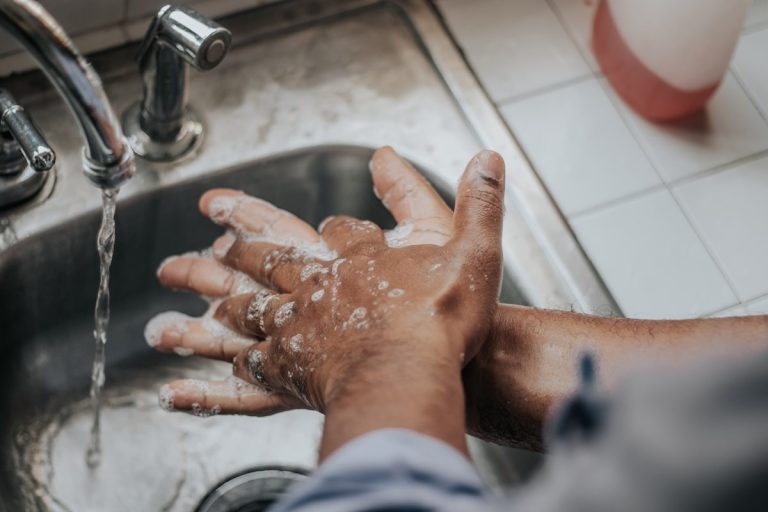Hand washing is part of our regular life. It is the simplest and cheapest measure to avoid many diseases such as flu, diarrhea, conjunctivitis. According to the World Health Organisation, proper and timely hand washing reduces the risk of contracting various infections by 40%. This is a percentage that simply cannot be ignored.
Why hands carry so many diseases
From the moment we wake up, we use our hands for all kinds of activities: picking up objects, greeting people and taking food. When we sneeze or cough, we press our hands to our mouths. When we are about to scratch our eyes, they are there again. When we run the best betting site in Nigeria, we touch the phone or PC keyboard.
In fact, our hands are constantly exposed to all kinds of germs such as viruses, bacteria and parasites. This creates the risk of transmitting diseases both to the person themselves and to others with whom they live, whether at home, school, on the street or at work.
Imagine a classroom in which a child has the flu. When he coughs, he puts his hand to his mouth but does not wash his hands afterwards. This child then engages in some school activity, such as drawing. If another child picks up one of the coloured pencils that a classmate has just used and touches his or her eye, he or she is also at high risk of infection.
Although the risk of infection is greater in children, adults are also susceptible to these types of infections. Imagine a situation at work: one sick colleague uses an internal phone and then another colleague uses the same phone. That’s it, that’s enough to transmit a lot of infections.
The danger is that often a person does not even show symptoms of a viral or bacterial infection yet, but can already be contagious. Therefore, you should not only take precautions when someone around you is obviously ill. And the more often you wash your hands, the less risk of infection you have.
When to wash your hands
The frequency will depend on the occurrence of certain situations. You need to perform this process
- after coughing or sneezing;
- after using the toilet;
- before and after visiting a hospital;
- before and after contact with a sick person;
- before visiting or touching a child (especially a newborn);
- after using public transport or holding on to handrails in public places;
- after touching a banknote;
- when coming from the street;
- before touching food;
- before and after putting on or changing a baby’s nappy;
- before and after applying or changing a dressing to a wound;
- after taking out the rubbish;
- after playing or touching animals;
- after shaking hands;
- when there is visible dirt on the hand.
Often people don’t realize it, but there is a proper way to wash your hands. In our daily lives, especially when we are away from home, such as when we use the toilet in a shopping center, we can simply spill some water on our hands. The problem is that water alone doesn’t kill germs. You should definitely use soap and water.
Also, the duration of washing should last between 30 seconds and 1 minute. Here’s how the hand washing procedure itself should go:
- wet your hands;
- take an amount of soap (preferably liquid soap) that covers the entire palm;
- rub one palm against the other;
- rub the back of your hands;
- rub the area between your fingers;
- rub your fingertips to clean your nails;
- rub the wrist area;
- rinse well with water;
- dry your hands with paper: you can use a towel at home, but it is important to change it often.
Liquid soap is more effective than lump soap, but it does not have to be a bactericidal soap.
Can alcohol gel be used
If you’re not at home and you don’t have the opportunity to wash your hands thoroughly, you can use an alcohol gel if it contains at least 60 per cent alcohol. Alcohol gel is not harmful to your hands and has the ability to kill germs if applied not only to the palm area, but also to the nail area, between the fingers and on the wrists. It is also very practical as you don’t need to wash your hands after using the gel, and you can carry it in your bag and use it whenever you want.
So if you want to protect yourself and your family, you need to develop the habit of washing your hands often and properly! Teach your children from an early age to perform this simple action, especially after using the toilet and before eating. Thanks to this, you and your family will get sick much less often.
